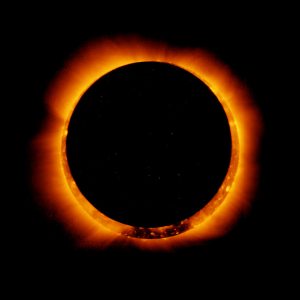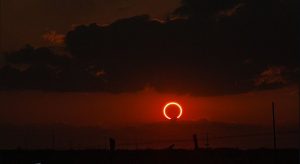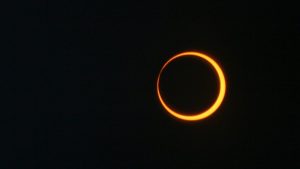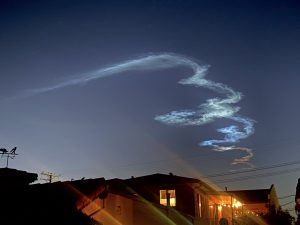Astronauts are the new farmers. The ones on board the flying laboratory harvested the second batch of chilly grown beyond Earth in the longest plant experiment on the International Space Station. Scientists now plan to produce several edible crops to be grown in space.
Also read: New dinosaur species from Chile had a unique slashing tail
In an experiment – PH-04 – that began in June last year, astronauts on Flight Engineer Mark Vande Hei reaped the first harvest on October 29. For the current produce, they sampled 26 chilly peppers grown from four plants in the orbiting laboratory’s Advanced Plant Habitat (APH).
Also read: NASA calls off ISS spacewalk citing threat from space junk
With the recent harvest, Vande Hei broke the record for feeding the most astronauts from a crop grown in space.
“PH-04 pushed the state-of-the-art in space crop production significantly. With this experiment, we took a field cultivar of a Hatch chilly pepper from New Mexico, dwarfed it to fit inside the plant habitat, and figured out how to productively grow the first generally recognized fruiting crop in space all in a span of a couple of years,” Matt Romeyn, principal investigator for PH-04, said.
Also read: How much does a Blue Origin spaceflight ticket cost?
The experiment started with a science carrier containing 48 sanitized pepper seeds launched to the space station. They were inserted in the habitat by astronaut Shane Kimbrough on July 12. NASA said that the astronauts performed hands-on work in a total area about the size of a large microwave oven.
The first harvest saw the astronauts enjoy space tacos made from space-grown chilies. During the current harvest, they prepared 12 peppers for return to Earth.
“The level of excitement around the first harvest and the space tacos was unprecedented for us. All indications are some of the fruit was on the spicier side, which is not unexpected, given the unknown effect microgravity could have on the capsaicin levels of peppers,” Romeyn added in a statement.






